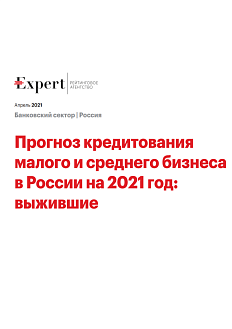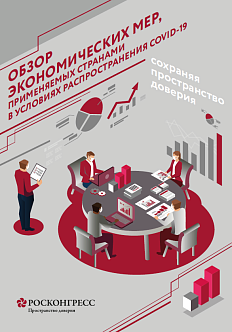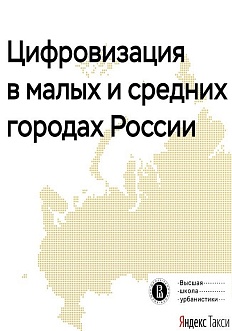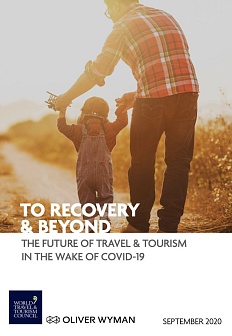Arthur D. Little experts prepared a report on the impact of the coronavirus pandemic on telecommunications companies, the risks and opportunities of the current environment, as well as the main ways for telecom companies to get out of the crisis in order to achieve success in the new reality.
Analysts of the Roscongress Foundation have identified the main theses of this study, accompanying each of them with a relevant piece of video broadcasts of panel discussions held as part of the business programs of key events held by the Foundation.
The COVID-19 pandemic has created many uncertainties for doing business.
Business process management has become significantly more complicated during the coronavirus pandemic due to the presence of a number of difficult to predict circumstances:
· trends in the development of the epidemiological situation in terms of the duration and territory of the spread of the pandemic;
· speed and time of economic recovery;
· the nature of the transformation of the external environment;
· changing the shape of the ecosystem of enterprises.
Video: https://roscongress.org/sessions/sleduyushchie-20-let/search/#02:16:03.040
The coronavirus pandemic has had a significant impact on the TIME sector (information and communication technology, media, electronics) around the world, but in some cases this impact is not negative.
While consumer electronics companies have been hit hard during the pandemic by falling demand, supply chain disruptions, retail store closures, and more, Internet service companies have taken advantage of the new opportunities. The overall decline in advertising revenues was offset by an increase in the number of paid subscriptions to services, communication Internet services resulted in an increase in traffic in conditions of self-isolation.
As for telecommunications companies, according to forecasts by Arthur D. Little, the volume of the global telecommunication services market will decline by 2-4% in 2020 compared to 2019, with the largest drop in Europe — up to −9%.
In the current environment, European and Asian CEOs are taking various measures to help businesses survive in the short term, recover in the medium term, and prosper in the long term.
The response to the challenges faced by the business in the first half of 2020 consists of a set of measures with different planning horizons:
In the short term, many companies faced the issue of survival, which was solved by ensuring the safety of employees (remote forms of work, separate teams, health monitoring, thorough cleaning, etc.); guaranteeing liquidity (revision of the cost structure and scenario planning); interaction with customers (joint identification of priorities and solutions); assessing and adapting supply chains.
Rapid recovery is a priority in the medium term. For this, the leaders consider it necessary to develop a scenario recovery plan, which includes strengthening cooperation with key customers, diversifying supplies, developing new products to meet the changing needs of consumers.
In the long term, the most important is the strategic vision at the senior management level. First of all, attention should be paid to following digital trends, balancing productivity and creativity, as well as revising the business model, investment strategy, and goals of mergers and acquisitions.
In the context of the COVID-19 crisis, telecommunications companies need to develop «ambidexterity», combining scale and productivity with speed and creativity.
The 5F concept, which implies the strategic development of the organization, taking into account the uniqueness of the current situation, based on a quick response to external changes and prompt recovery, primarily through cash flow management, requires companies to:
· new quality of service provision, including responsiveness to changed customer needs, remote service, provision of services at reduced prices or free of charge;
· ensuring the safety of employees;
· development of a recovery plan for a period of 3 to 18 months; introduction of new technologies such as 5G;
· participation in the process of mergers and acquisitions in the market;
· entering new markets;
· digitalization and automation of business processes.
We also invite you to familiarize yourself with other materials posted in special sections of the Roscongress Information and Analytical System StayHomeEconomy, COVID-19, Telecommunications and Digitalization, devoted to possible ways to stabilize the economy in a pandemic, as well as the development of the telecommunications services sector.






